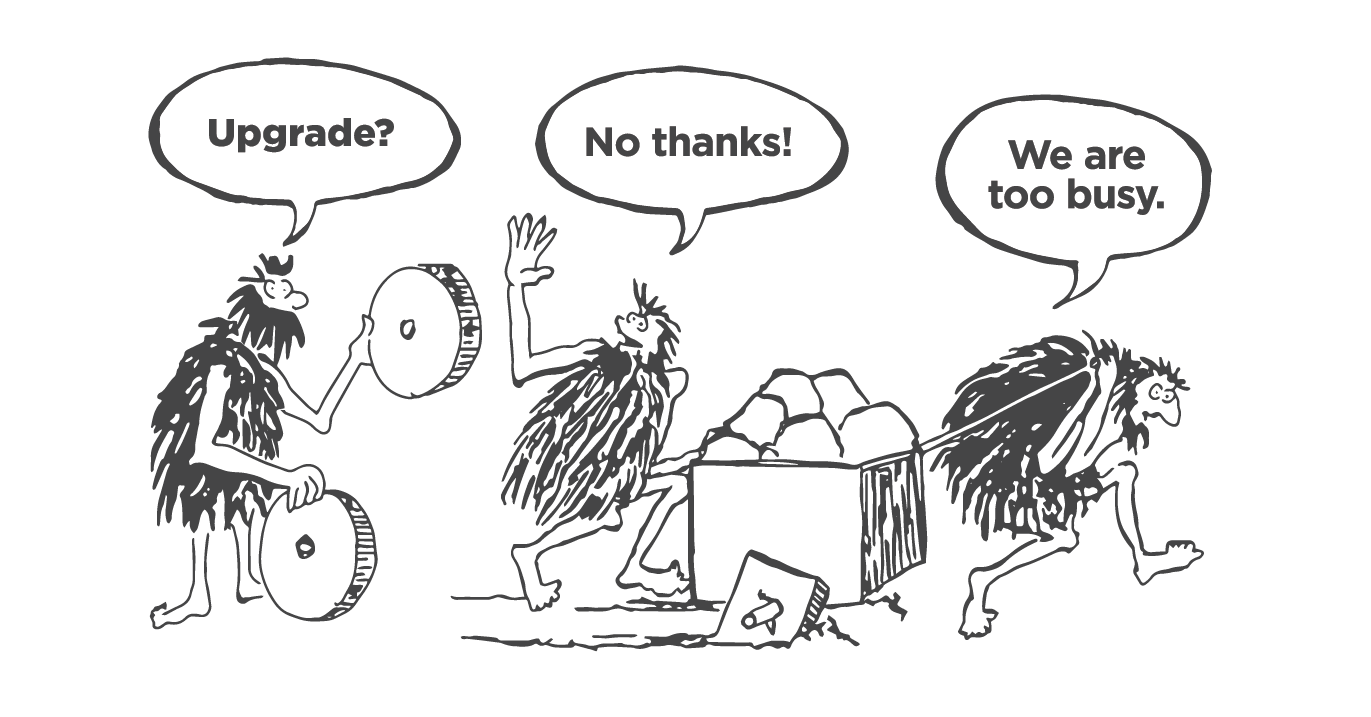
In the construction industry, staying on top of project details is crucial. Various reports help ensure that everything runs smoothly, from budgeting to safety compliance.
Construction reports are vital as they provide a detailed record of the project’s progress, ensuring transparency and accountability. They also help in tracking milestones, identifying potential issues early, and facilitating communication among stakeholders. Construction reports serve as a reference for future projects, helping to improve processes and avoid past mistakes. Here are the ten most commonly used reports that every construction professional should be familiar with.
1. Construction Daily Reports
Daily project reports are fundamental in tracking daily milestones and keeping stakeholders informed. These reports provide a snapshot of project progress, any issues encountered, and the plan for the following days. Other features can include: equipment summaries, weather reporting, hours and cost codes, and a safety/injuries report.
Why Daily Reports Matter:
- Milestone Tracking: Ensure that each phase of the project is on schedule.
- Stakeholder Communication: Keeps everyone in the loop, from on-site workers to upper management.
2. Progress Reports
Progress tracking reports provides insight into how much work is being done, when it’s being done, and by who and how long. This report allows management to understand where they’re meeting goals or where they’re falling behind when it comes to jobsite productivity.
Why Progress Reports Matter:
- Productivity management: Helps in crew planning and allocating resources efficiently.
- Forecasting: Assists in predicting future project-length time and what resources will need to be used.
3. Cost Estimation Reports
Cost estimation reports play a vital role in budgeting and forecasting. They help project managers estimate the total cost of a project, including materials, labor, and other expenses.
Why Cost Estimation Reports Matter
- Budget Control: Helps in planning and allocating resources efficiently.
- Forecasting: Assists in predicting future financial needs and potential overruns.
4. Construction Schedule Reports
Managing project timelines and deadlines is crucial for the timely completion of any construction project. Construction schedule reports detail the progress of various tasks and help in identifying any delays. Construction scheduling relies on several principles ranging from work breakdown structure (WBS) to critical path method. Procore breaks down these tasks in their construction scheduling guide.
Why Schedule Reports Matter
- Timeline Management: Ensures that the project stays on track.
- Deadline Adherence: Helps in meeting important deadlines and milestones.
5. Safety Reports
Safety is paramount in construction. Safety reports document any incidents, near misses, and safety inspections to ensure compliance and minimize risks. The Safety Reports safety observation app allows employees to record negative or positive observations that can then be compiled into a daily, weekly, or monthly report.
Why Safety Reports Matter
- Risk Mitigation: Helps in identifying and addressing safety hazards that can harm people.
- Compliance: Ensures that the project adheres to safety regulations and standards.
6. Risk Management Reports
Risk management reports are essential for identifying and mitigating potential project risks that range from financial risk, safety risk, and legal risks. These reports analyze and provide strategies to manage them effectively. Check out the ten most common risks contractors and owners experience from delays, documentation errors, and more.
Why Risk Management Reports Matter
- Risk Identification: Pinpoints potential risks that could affect the project.
- Mitigation Strategies: Offers solutions to minimize the impact of these risks.
7. Subcontractor Reports
Subcontractor reports monitor the performance and progress of subcontractors. These reports ensure that subcontractors meet their obligations and deliver quality work.
Why Subcontractor Reports Matter
- Performance Monitoring: Keeps track of subcontractor performance and progress.
- Quality Assurance: Ensures that the work meets the required standards.
8. Change Order Reports
Change order reports document any changes made to the original project plan and their impacts. These reports help in managing project scope and keeping track of additional costs. Change orders are typically requested by the owner, architect, or contractor and must be approved by all before implementation.
Why Change Order Reports Matter
- Scope Management: Helps in managing any changes to the project scope.
- Cost Tracking: Keeps track of additional costs incurred due to changes.
9. Closeout Reports
Closeout reports finalize project details and prepare for the handover to the client. These reports ensure that all aspects of the project are completed and documented properly. The closeout process often involves multiple closeout documents such as redline drawings andl lien wavers.
Why Closeout Reports Matter
- Project Completion: Confirms that all project tasks are completed.
- Client Handover: Prepares the project for handover to the client, ensuring all documentation is in place.
10. Other Reports To Keep In Mind
While the reports listed above are the most commonly used in construction, others are also on the rise, such as:
Conclusion
Effective report management is crucial for successful project management in the construction industry. From daily progress to closeout reports, each type plays a vital role in ensuring that projects are completed on time, within budget, and to the highest standards of quality and safety.













